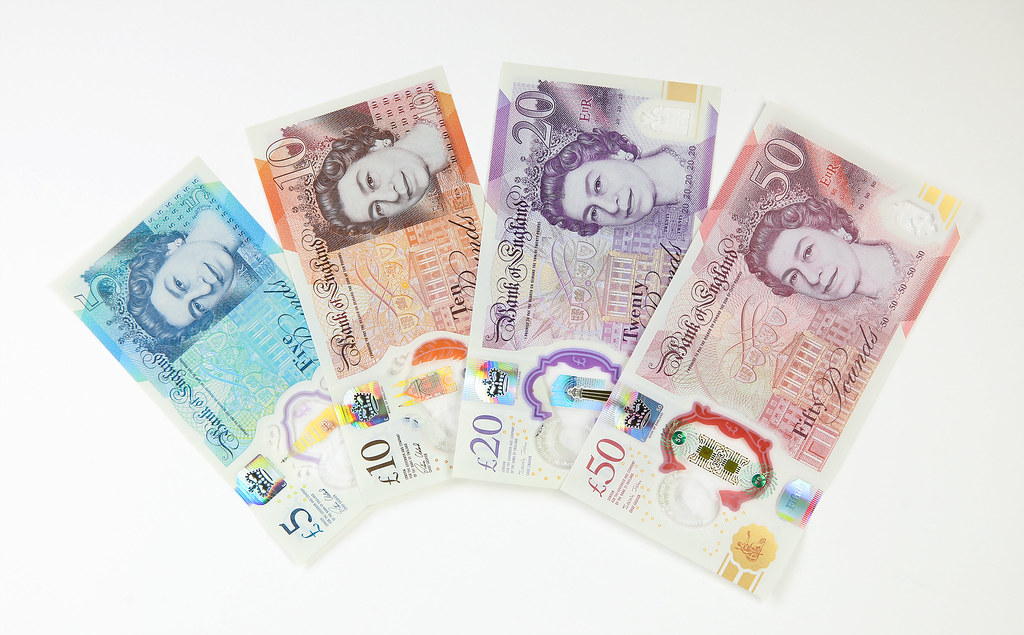In a significant move to boost its economy, Thailand‘s finance minister, Pichai Chunhavajira, has confirmed the implementation of a digital money distribution plan set to benefit up to 45 million Thais. This initiative, scheduled to commence on August 1, involves a disbursement of 10,000 baht (approximately $280) per eligible citizen, which approximates two-thirds of the average monthly income in Thailand.
The Digital Wallet plan, a key campaign promise of the Pheu Thai party following their electoral victory last year, aims to inject $13.8 billion into the economy by distributing digital cash to Thai citizens 16 years or older, with annual incomes under $23,000 and savings less than $13,700. This funding, approved by the parliament earlier in July, is drawn from the national budget, reflecting a strategic government investment to stimulate domestic economic activity.
The Digital Wallet will be accessible via a dedicated app available on the Google Play Store and Apple App Store, linked through the Thang Raj (Government Path) application. For individuals without smartphones, provisions will be made to register in person and use the digital money with certain restrictions.
Controversies and Restrictions
Despite its potential economic benefits, the Digital Wallet plan has sparked controversy since its approval in January. Critics point to numerous restrictions that may limit its effectiveness. These include a rigorous Know Your Customer (KYC) verification process that excludes prisoners and individuals or businesses with histories of economic abuse. Additionally, there are limitations on the types of purchases that can be made with the digital funds.
Thailand’s economy has experienced sluggish growth, averaging less than 2% annually over the last decade. Proponents of the Digital Wallet initiative argue that this influx of digital currency could serve as a crucial stimulant for economic activity, particularly in consumer sectors.
Technological and Financial Infrastructure
While the specific technology underpinning the digital wallets has not been detailed, the Bank of Thailand has completed a pilot project on retail central bank digital currency (CBDC) this year. However, there are currently no plans to issue a CBDC. Notably, Prime Minister Srettha Thavisin, who assumed office following the last election, holds a 15% stake in X Spring, a Thai asset tokenization provider, highlighting a potential intersection of government and private sector interests in digital finance.
| Feature | Detail |
|---|---|
| Launch Date | August 1, 2024 |
| Beneficiaries | 45 million eligible Thais |
| Disbursement Amount | 10,000 baht per individual |
| Total Budget | $13.8 billion |
| Eligibility Criteria | Age 16+, income under $23,000, savings under $13,700 |
| Registration Platforms | Google Play Store, Apple App Store, Thang Raj app |
| Restrictions | KYC verification, exclusions based on criminal and economic abuse records, spending limitations |
As Thailand prepares to roll out this expansive digital money initiative, all eyes will be on the program’s ability to deliver the promised economic boost. The success or failure of this plan could set a precedent for similar digital financial interventions in other regions struggling with economic stagnation.
Thailand’s ambitious Digital Wallet plan represents a bold step towards revitalizing its economy through technological innovation and financial inclusivity. By addressing both the immediate financial needs of its citizens and the broader economic challenges, Thailand aims to foster sustainable growth and reaffirm its commitment to embracing digital transformation in financial services.










